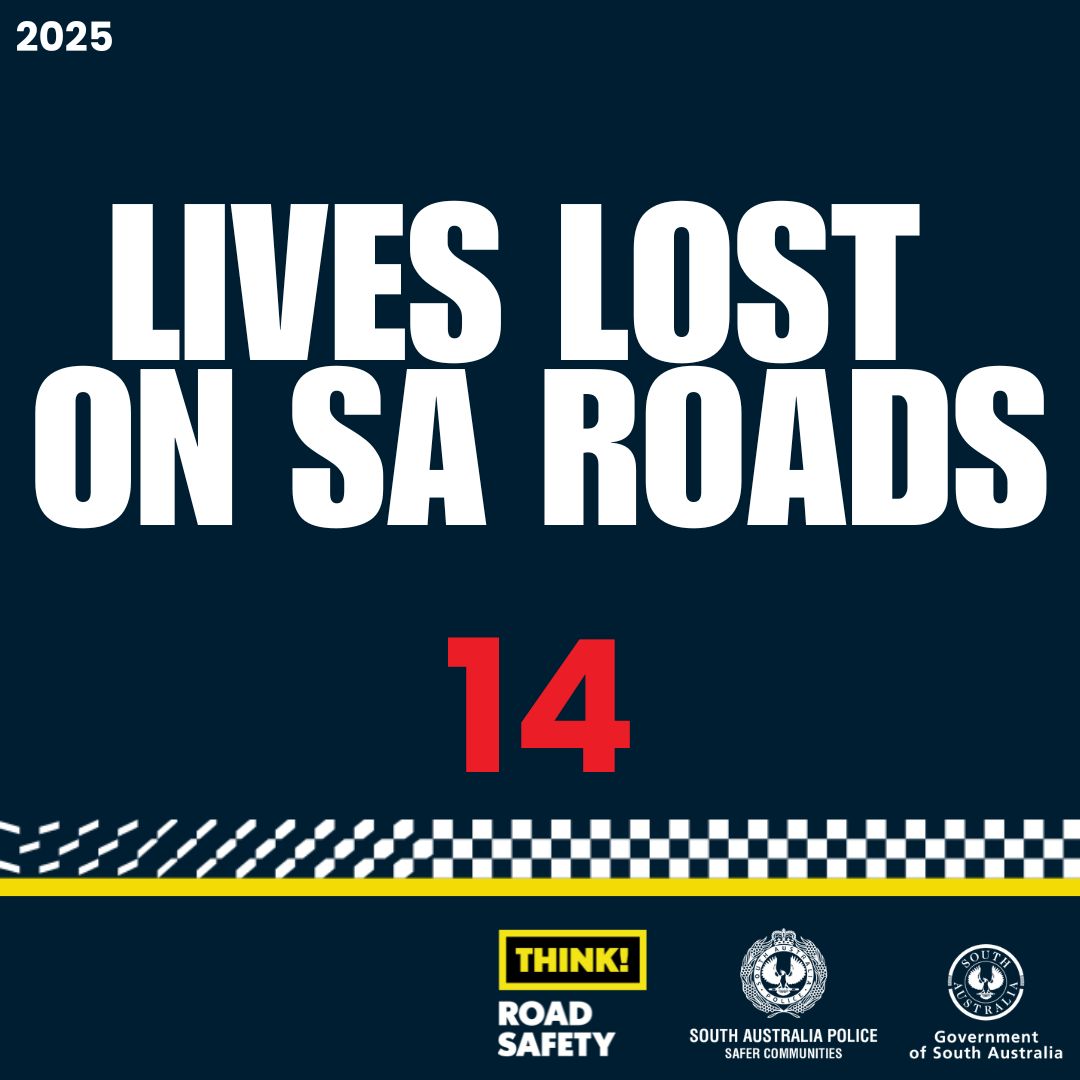The Department of Health today reported that a child has been diagnosed with meningococcal serogroup B disease and is currently recovering in hospital.
Meningococcal disease is an uncommon, life-threatening illness caused by a bacterial infection of the blood and/or the membranes that line the spinal cord and brain, and occasionally of other sites, such as the throat, lungs or large joints.
To date in 2022, ten meningococcal cases have been reported in WA; six were serogroup B, two were serogroup W, and two were serogroup Y.
There are two types of meningococcal vaccines available: one protects against four serogroups of the meningococcal disease (serogroups A, C, W and Y) and the other protects against serogroup B.
The MenACWY vaccine is offered free to all children at 12 months of age. In addition, the MenACWY vaccine is offered to all Year 10 students, with a free catch-up program for 15-19 year-olds.
Due to a higher rate of meningococcal disease in Aboriginal children in WA, the MenACWY vaccine is offered free to Aboriginal children from age 6 weeks to 12 months of age. The menB vaccine is free for all Aboriginal children aged up to 2 years of age. Both these vaccines are also free for people of all ages with certain medical risk conditions. People not eligible for free vaccines can request them through their immunisation provider for a fee.
Meningococcal bacteria are not easily spread from person-to-person. The bacterium is present in droplets discharged from the nose and throat when coughing or sneezing, but is not spread by saliva and does not survive more than a few seconds in the environment.
Meningococcal bacteria are carried harmlessly in the back of the nose and throat by about 10-20 per cent of the population at any one time. Very rarely, the bacteria invade the bloodstream or tissues and cause serious infections.








